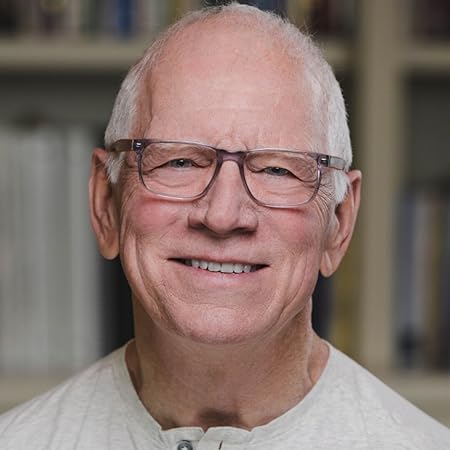Throughout our lives we are given names. Names that sometimes we live up to and names that we fall under the weight of. Some names are painful and have brought shame. And others give us a glimpse of hope of who we will one day be. So how do we begin to see our real…
LESSON 19 OF 44
24 min read
Membership Required
This content is only available to members. Please join to access this content.
Continue the Series
This series offers timely and relevant teachings on critical issues facing the church and society today. It includes powerful reflections on loneliness, the incarnation of Jesus, the significance of the cross, and practical guidance on living out Christian principles in everyday life.

